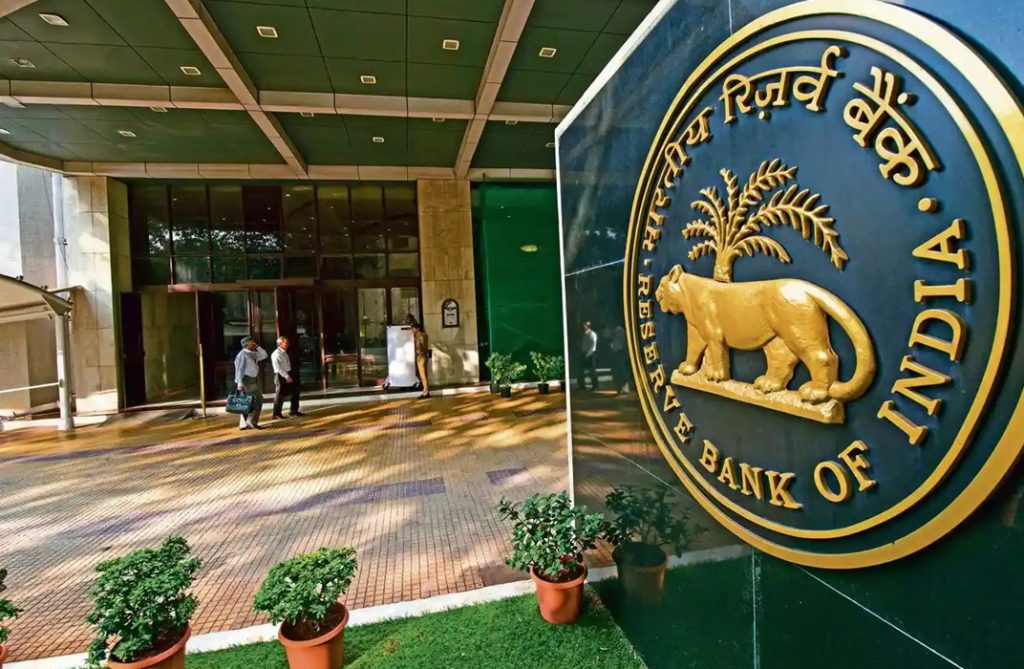The first step in banking operations is account management. This involves opening new accounts, closing existing ones, and keeping track of all activity on each account. Banks must also assign unique codes to every customer so that their personal information can be securely stored and accessed as needed. Banks are also responsible for verifying the accuracy of financial transactions like deposits or withdrawals before they are completed.
Another major part of banking operations is facilitating financial transactions between customers and other parties such as businesses or government agencies. This includes processing credit card payments, transferring money between accounts at different banks, and clearing checks written by customers against their accounts. Banks must also monitor these transactions for any suspicious activity like fraud or money laundering which could put customers’ funds at risk.

Finally, banks provide customer service to their clients in numerous ways including answering questions about products or services offered by the bank, helping customers open new accounts or manage existing ones online, resolving disputes with vendors over incorrect charges on credit cards, and more. Banks employ dedicated staff members who specialize in customer service to ensure that all inquiries are handled efficiently and accurately while protecting customer privacy at all times.
Banking operations play an integral role in our daily lives as they facilitate the secure transfer of money from one party to another while ensuring accurate records are kept along the way. Understanding how these processes work helps us better understand how our finances work as well as appreciate the importance of having trusted institutions like banks provide us with secure services we use every day.












